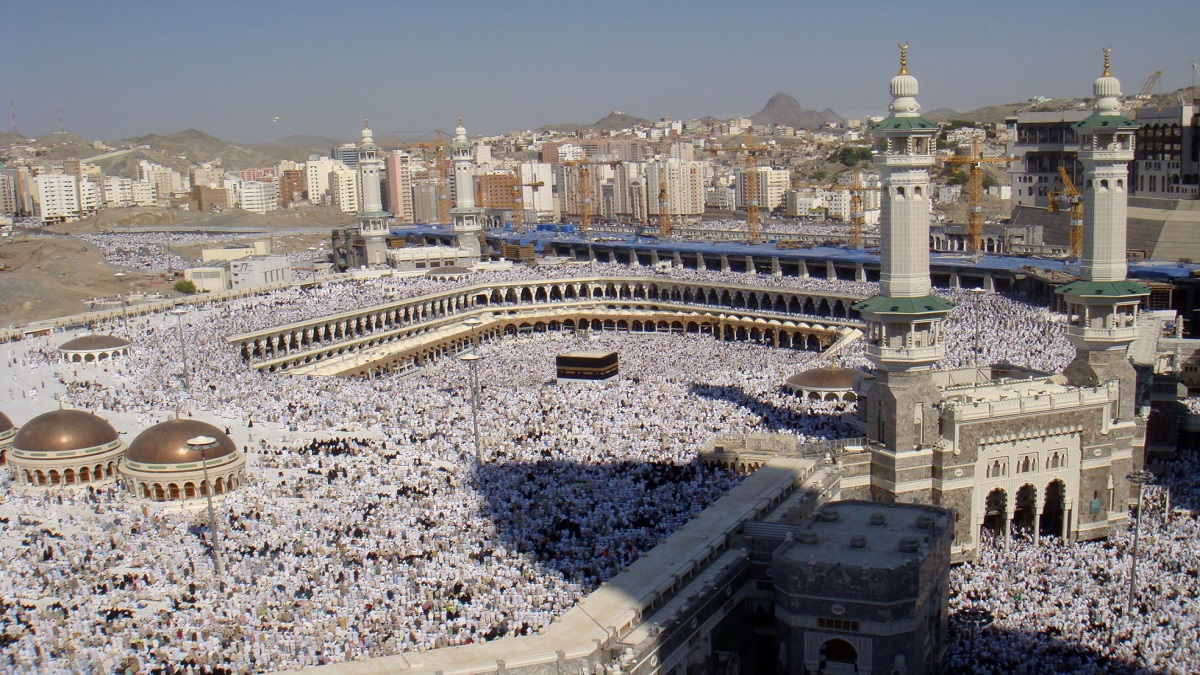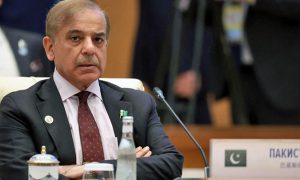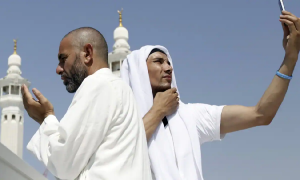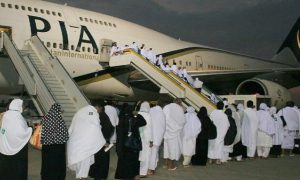Islam’s sacred city of Mecca is witnessing one of its most significant Hajj congregations in recent years, with over two million devout Muslims expected to participate despite the extreme heat of the Saudi Arabian summer.
The time-honored city, now interspersed with deluxe hotels and chilled shopping precincts, is teeming with devotees donned in traditional white attire, having arrived via various modes of transport for the yearly observances.
This year’s Hajj pilgrimage, considered among the world’s largest annual spiritual congregations with a history marred by past catastrophes, is projected to set new attendance records, as per official statements.
“In anticipation of the upcoming Hajj, the Kingdom of Saudi Arabia is gearing up for the largest Islamic congregation ever witnessed,” announced Tawfiq Al-Rabiah, the Minister of Hajj and Umrah, in a recent ministry release.
Participants will be involved in various rituals such as circling the Kaaba, located in the Grand Mosque of Mecca, praying on Mount Arafat, and partaking in the “stoning the devil” ceremony, which involves hurling pebbles at three substantial concrete walls symbolizing Satan.
An estimated two million individuals from over 160 nations will be in attendance, according to Al-Rabiah, marking a significant increase from last year’s count of 926,000, which was restricted to one million in the aftermath of the pandemic.
In 2019, approximately 2.5 million individuals participated. However, due to the Covid-19 pandemic, only 10,000 were allowed in 2020, which increased to nearly 59,000 the subsequent year.
The Hajj, which forms one of the five pillars of Islam, is an obligation that all able-bodied Muslims with financial means must fulfill at least once in their lifetime.
On arrival at Jeddah’s contemporary airport, international visitors expressed excitement and awe. Several pilgrims took advantage of the revamped visa services, proceeding directly from their flights to buses for their accommodation.
To cater to the crowd, about 24,000 buses and 17 trains capable of transporting 72,000 passengers per hour have been arranged, as stated by the authorities.
Read More: Telecom Giants Race to Offer Competitive Roaming Packages as Hajj Season Commences
This year’s Hajj will also mark the largest gathering since the rule requiring women to be escorted by male guardians was abolished in 2021. Furthermore, the maximum age limit has been removed, allowing thousands of older individuals to partake despite the daunting Saudi summer heat, which may reach up to 44 degrees Celsius (111 Fahrenheit).
The Hajj proceedings will kick off this Sunday at the Grand Mosque in Mecca, with participants camping out on Monday, culminating with the day on Mount Arafat on Tuesday, believed to be the site of Prophet Mohammed’s final sermon.
After Wednesday’s “stoning of the devil” ceremony, marking the onset of the Eid al-Adha festival, pilgrims will revisit Mecca for the farewell “tawaf” or seven rounds around the Kaaba.
The Hajj pilgrimage is a significant revenue source for Saudi Arabia, which is transitioning from an oil-centric economy. Annual Hajj and Umrah rites contribute an estimated $12 billion each year.
To cater to the swelling visitor numbers, an infrastructure and transport upgrade project for Mecca and Medina, where two of Islam’s holiest sites are located, is part of the country’s economic blueprint.
The timing of this year’s Hajj, which adheres to the lunar calendar, will test the endurance of participants during the four-day outdoor ritual. A team of over 32,000 healthcare professionals will be available to prevent heatstroke, dehydration, and fatigue.
However, extreme weather isn’t the only challenge at this event that has witnessed deadly incidents, ranging from stampedes to extremist attacks in the past.
The Hajj holds significant prestige for Saudi rulers, the custodians of the holy sites, and is a substantial source of their political legitimacy and soft power, according to Umer Karim, a doctoral researcher specializing in Saudi foreign policy at the University of Birmingham.



























